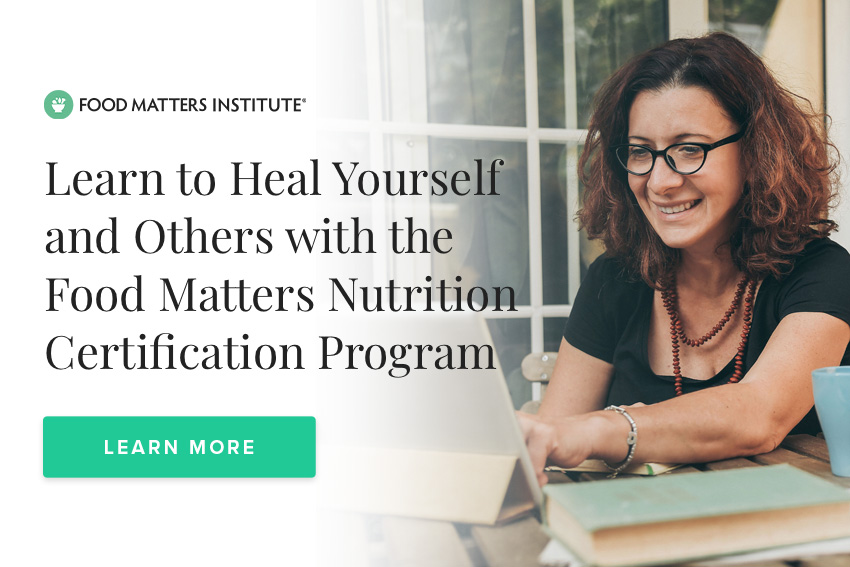Eco Eating: How To Live and Eat More Sustainably
Unless you’ve been living under a rock for the past few years, you will know that climate change is the talk of the town these days. From Greta Thunberg to the rise of the Extinction Rebellion, the topic is regularly splashed across the news and is a highly pressing issue in today’s society.
After all, it’s difficult to deny that the planet is in turmoil: sea levels have risen eight inches in the past century, atmospheric carbon dioxide (CO2) is at the highest concentration for over 400,000 years, and more and more polar bears are being left homeless as the ice sheets continue to melt away.
Becoming more sustainable – whether it be at home, work, or simply in general – is, therefore, a top priority for a number of people. From carrier bag charges to the introduction of electric cars, many people are now implementing ways to become eco-friendlier and work towards sustaining the planet.
In this article, we discuss what you can be doing to eat more sustainably, looking specifically at the best foods to eat and the practices to avoid. Let’s dive straight in.
1. Avoid Palm Oil
If you saw Iceland’s banned Rang-tan Christmas advert last year, then you will know that using palm oil is a big no-no. This is because the process used to extract it is destroying rainforests in Sumatra, wrecking the homes and habitats of the various wildlife that reside there, including orangutans, elephants, and tigers.
In turn, this destruction of trees contributes hugely to the world’s extremely high atmospheric CO2 levels. Trees are one of our most effective measures to break CO2 down, after all, so without them, our planet really is a lot worse off.
Avoiding products that use palm oil, like ice cream, pizza, and biscuits, maybe easier said than done but, if you really want to make a difference, it’s imperative that you stand against it.
2. Think About Packaging
Back in 2016, over 320 million tons of plastic were produced worldwide. Of that number, only 21% has been recycled, meaning that 253 million tons of plastic remain in our environment. Therefore, while many of us are making more effort to recycle, there is still an awfully long way to go.
One way you could make an impact comes through making an effort to think about packaging, deciding to choose products that specifically use eco-friendly packing or help the environment. Whether it be Fairtrade coffee in a biodegradable bag, or frozen milk for a reusable carton, each product you buy carries a carbon footprint with it so try and make this is as small as possible.
3. Waste Less
More than seven tonnes of food is thrown away by each UK household every year. This not only wastes a huge amount of money; it also significantly contributes to the quantity of CO2 in landfills. Therefore, making every effort to avoid food wastage can make a huge difference to both your wallet and carbon footprint.
Thanks to technological advances, there are now a number of apps targeted at preventing this level of food wastage. If you’re in the mood for a takeaway for example, rather than going to the usual places, use the Too Good To Go: End Food Waste app to pick up some food that would otherwise have been thrown straight into the bin.
4. Moderate Meat and Dairy
Meat and dairy consumption are two of the biggest contributors to greenhouse gases worldwide. After all, raising animals instead of crops requires a substantial amount of water and soil, and results in a vast amount of animal methane being expelled into the atmosphere.
Choosing to eat less meat and dairy produce will not only reduce your personal carbon footprint, but it’ll also improve your diet. Eating too much red meat, in particular, can heighten your risk of bowel cancer so replacing this with a plant-based alternative could kill two birds with one stone: sustain the planet while improving your health.
Next Level Eco-Warriorship…
OK, so the above four points may be the key rules to follow, but there are several other things you can do to improve the sustainability of the food you eat. These include:
- Eat local. The closer to home you can buy your food, the lower its carbon footprint will be and the better it will be for the environment.
- Compost. Rather than simply throwing gone-off food away, compost it. Whether it be coffee grounds, eggshells or napkins, these can all be recycled to produce compost for your garden.
- Have food delivered. Rather than multiple cars driving to a supermarket and polluting the environment, one delivery van serving a specific area is much eco-friendlier.
- Utilize microwaves. Using microwaves to cook food uses significantly less energy than conventional ovens, so is a much more sustainable option.
- Grow your own. Rather than relying on supermarkets, why not grow your own food? Even if you don’t have a garden, it’s still perfectly possible to produce your very own fruit and veg.
Whether you choose to adopt one or all of the rules mentioned here, every effort you make towards improving your eco-friendliness can make a big, big difference. And now – more than ever before – is the perfect time to start.
What are your tips for living and eating more sustainably?
Do you have a passion for nutrition & natural healing?. Learn more about the Food Matters Nutrition Certification Program here.









